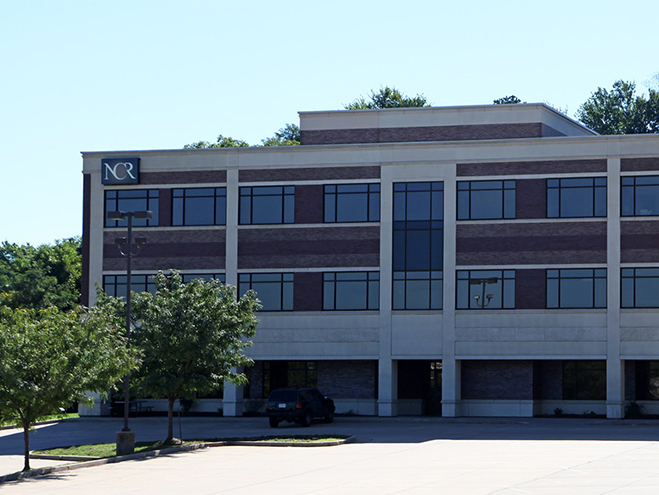Missouri’s Workers’ Compensation statutes are found in Chapter 287. Section 287.020 provides that an injury shall be deemed to arise out of and in the course of employment only if:
- It is reasonably apparent, upon consideration of all the circumstances, that the accident is the prevailing factor in causing the injury; and
- It does not come from a hazard or risk unrelated to the employment to which workers would have been equally exposed outside of and unrelated to the employment in normal nonemployment life.
To determine whether an injury arises “out of” employment, courts look to the employee’s activity at the time the employee was injured. Depending on the nature of the conduct in which the employee was engaged, an injury may or may not arise out of the employee’s employment. For example, if an employer anticipates receiving gain from an employee’s actions, and an employee is injured by those actions, those acts likely would be covered. If an employer merely tolerates—rather than authorizes—an activity, it may not arise out of the employment relationship. Likewise, if an employer does not know an employee is engaging in an activity, or even has expressly prohibited that activity, that would influence the determination of whether an injury arose “out of” employment.
To determine whether an injury occurred “in the course of employment,” courts generally analyze whether the injury occurred:
- on the employer’s premises where the employee’s duties are being performed;
- at a location where the employee’s duties require the employee’s presence; or
- at a location where any act, task, or mission which forms a necessary part of such services may reasonably require the employee to be present.
Courts also may apply a number of doctrines to determine whether the injury occurred in the course of employment. An example of such a doctrine is the “coming and going” doctrine, which provides that injuries sustained by an employee in an automobile owned or subsidized by the employer while traveling to or from home to work is not covered by workers’ compensation.
It is important to emphasize, however, that each situation is different and should be evaluated separately and independently. It is also important to remember that even if an employee injury is not covered by workers’ compensation, this does not mean that the employee has no way to obtain compensation for injuries sustained in this kind of accident.
Missouri’s Workers’ Compensation Law contains a number of rules and exceptions that can be difficult to navigate and apply. If you have a question regarding a worker’s compensation claim made by an employee of your company, the attorneys at Newman, Comley & Ruth P.C. have experience representing employers in this area. Call us at (573) 634-2266 to schedule an appointment to discuss your particular situation.

















